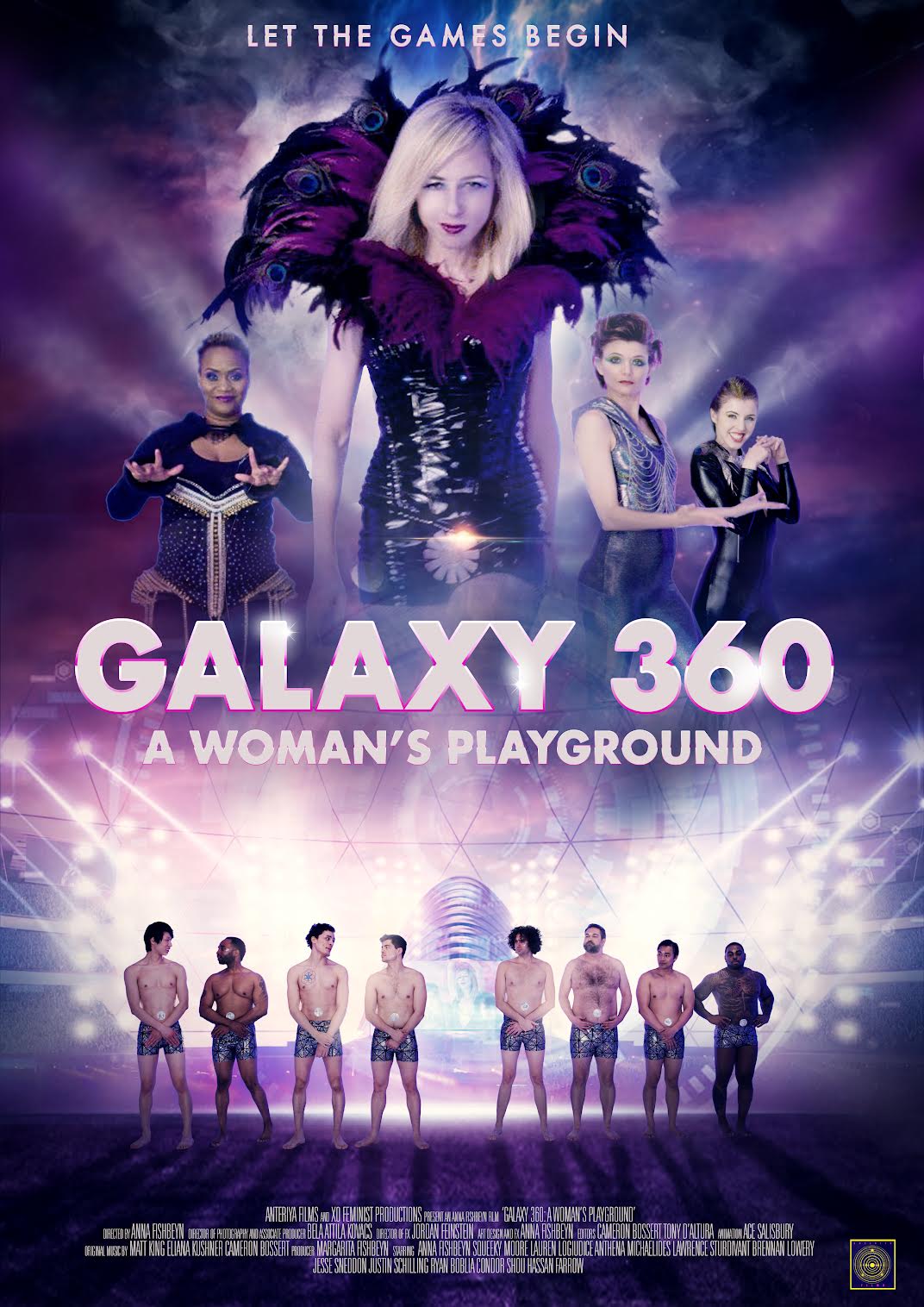We caught up with the brilliant and insightful Anna Fishbeyn a few weeks ago and have shared our conversation below.
Anna, thanks for taking the time to share your stories with us today What do you think Corporate America gets wrong in your industry? Any stories or anecdotes that illustrate why this matters?
Corporate America likes to say it supports bold female storytelling, but in reality? It supports what’s safe, familiar, and market-tested. Anything that actually challenges the status quo gets labeled as “too niche,” “too risky,” or “too confusing for a mainstream audience.” Translation: we love women’s stories, as long as they behave.
That’s exactly why I created Galaxy 360 and Movement 360 – to explore a question that’s rarely asked in boardrooms or writers’ rooms: What would female power look like if it hadn’t been modeled on male structures at all? Who would we be if we weren’t shaped by centuries of “shoulds”?
With Galaxy 360, I flipped the entire power dynamic. There’s this moment in the film where my character, Illumina, screams at a man for eating one potato chip. It’s hilarious, absurd, and totally over-the-top, but it also hits something raw. Because when the man breaks down under that pressure, suddenly the audience understands how real that expectation is for women. It becomes satire that opens the door to empathy.
If satire doesn’t make you squirm a little, it’s not doing its job.
Corporate America often gets it wrong because it assumes that “female-led” just means swapping the gender of a male protagonist. But true female storytelling? It’s layered. It’s emotional and strategic. It can be chaotic, graceful, vulnerable, outrageous, and most vitally – powerful – in every sense of the word. And it doesn’t ask for permission.
That’s why I founded Movement 360, because I wanted to build a new creative ecosystem where women don’t have to translate their stories into someone else’s language. We start from zero, from vision, from what’s true. Because when women are free to imagine their own universes, we don’t just tell stories, we build entirely new worlds.
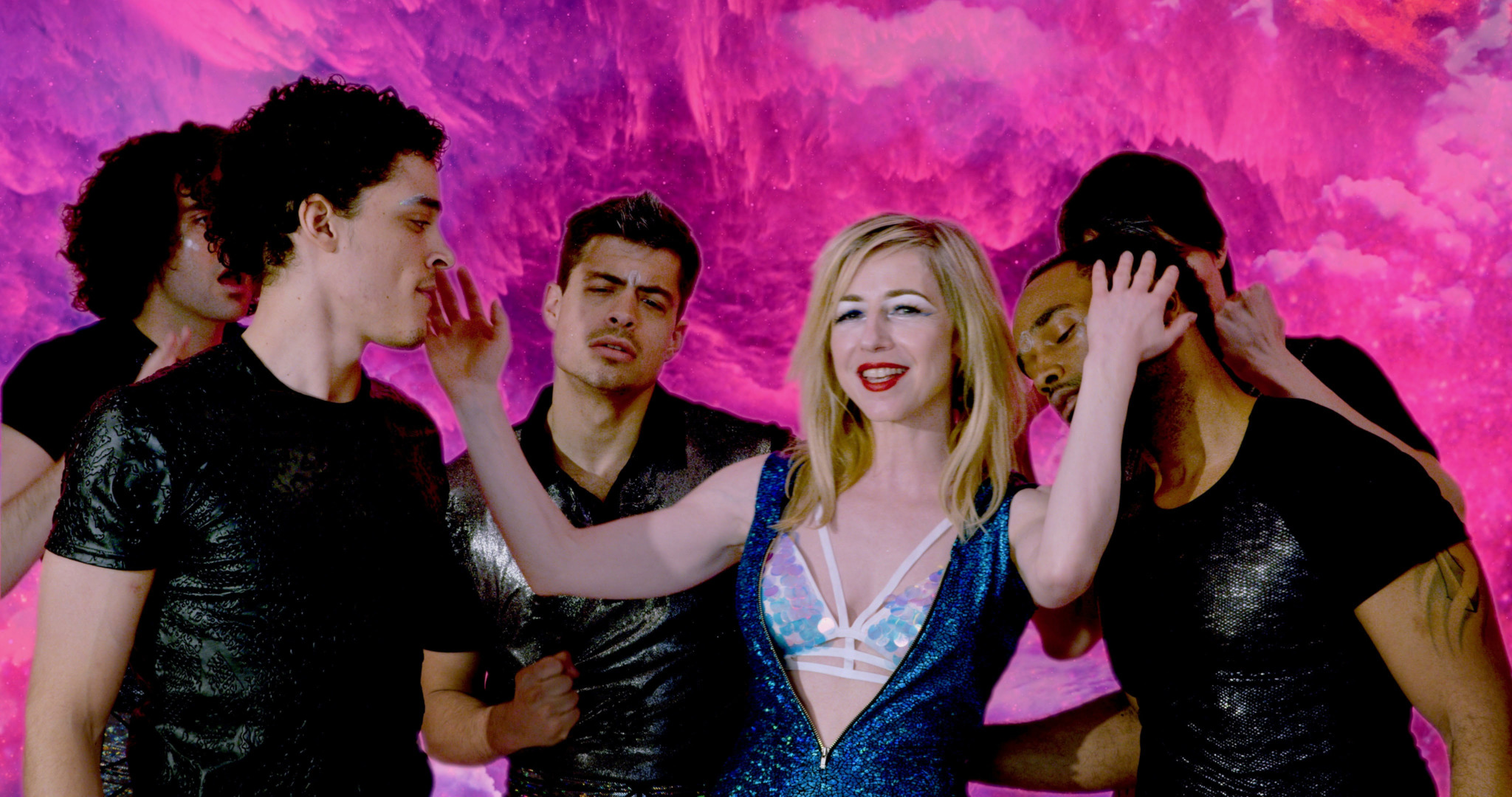

Anna, before we move on to more of these sorts of questions, can you take some time to bring our readers up to speed on you and what you do?
I’m a New York-based actor, writer, director, and producer but those are just terms we use in our society to describe ourselves. In truth, I’m an innovator, a rebel, a problem solver, and a futurist. My talents in performing, directing, creating and writing my own content are part of a much larger story – I seek to have a powerful positive impact on society, to foster conversations where there’s silence, to bridge differences through humor, to solve conflict through empathy, and to help us evolve into compassionate beings.
My story begins in another country, in another world – in Russia – where I was born and from where my family fled to America as political refugees at the end of the Cold War. Although I was a child singer and actress in Russia and loved the stage, I pursued an academic career in literature and philosophy, and didn’t get up on stage until after I had children. The year was 2010 and my first play was called Sex in Mommyville, about a brilliant, overworked, under-sexed, hyper-sensitive, neurotic artist-mom trying to juggle her children, her parents, her creative ambition, her husband, and their sex life. The play was featured in 12 major publications and media outlets leading up to the opening night, even though it was my first play and first time performing on stage – because the topic – mothers and their sexuality – was radical at that time and everyone wanted to write about it. I was so nervous I couldn’t remember my lines and threw up. But as soon as the stage lights went up and I said my first line, “I stand in the kitchen and do the dishes,” and all the moms in the audience laughed, I felt like I had come home. The play was called “comic genius” by WCBS Radio, compared to “Ibsen’s Dollhouse” by Jewish Week, and recommended by Bloomberg News and Huffington Post, and many parent blogs and mom magazines. Sex in Mommyville launched my career in the performing arts. My second play, My Stubborn Tongue, about being an immigrant in America, played off-Broadway and on West End in London, and was recommended by the New York Times and London Evening Standard. The responses to my plays made me want to create powerful stories on screen. My first foray into film was the comedic webs series, Happy Hour Feminism, where I began to experiment with flipping traditional gender roles. With episode titles such as, The Wolf Period (help men with hormone imbalances), Lipo-Draining Beer (help men with beer bellies) and War of the Dads (help men become better dads), we were a hit: the web series was selected at over 17 festivals and won awards for best comedy, best screenplay, best web series and best female filmmaker.
My next ambition was to write and direct a feature film. Obsessed with the comedy that is inherent in flipping the script on traditional gender roles, I created a strange futuristic neon-hued world where women ruled and men dreamt of getting married during a popular male beauty pageant. That became my first feature film – Galaxy 360: A Woman’s Playground, a sci-fi satire set in 2195.
I also starred in Galaxy 360 – and took on the double role of actor/director, the most exciting and challenging experience of my life. Because I love performing, I also continue to perform in New York City. My recent comedy-cabaret, Anna After Dark, played at The Green Room 42, where I let loose—melding song, dance, and storytelling to poke fun at our society and challenge the status quo.
I founded Movement 360, a platform that’s redefining female-driven storytelling. We’re not just creating content; we’re building a universe where women’s voices are totally innovative—offering genre-defying sci-fi, animation, fearless comedy, and feminist narratives that bring men into the conversation and rewire culture.
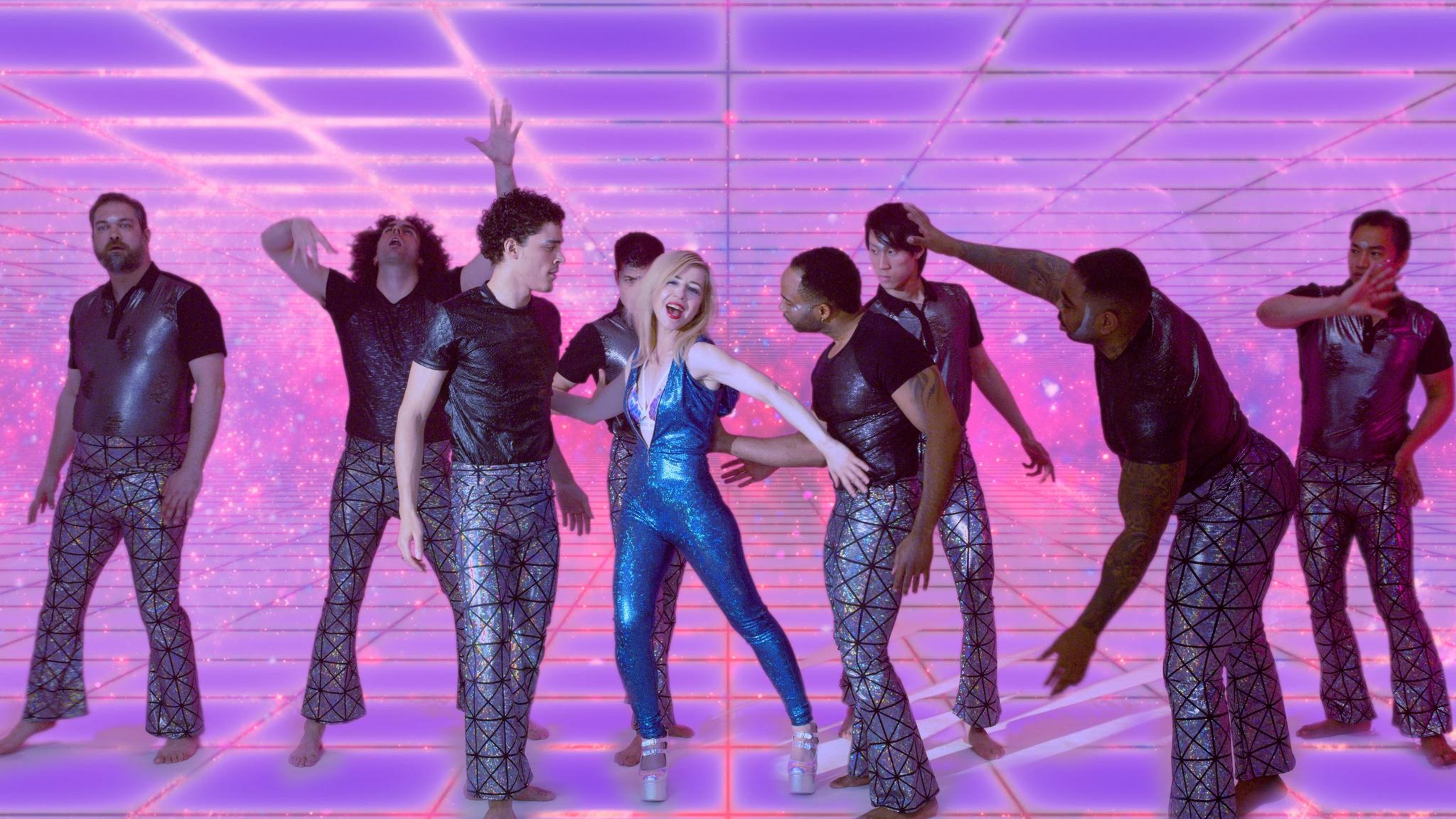
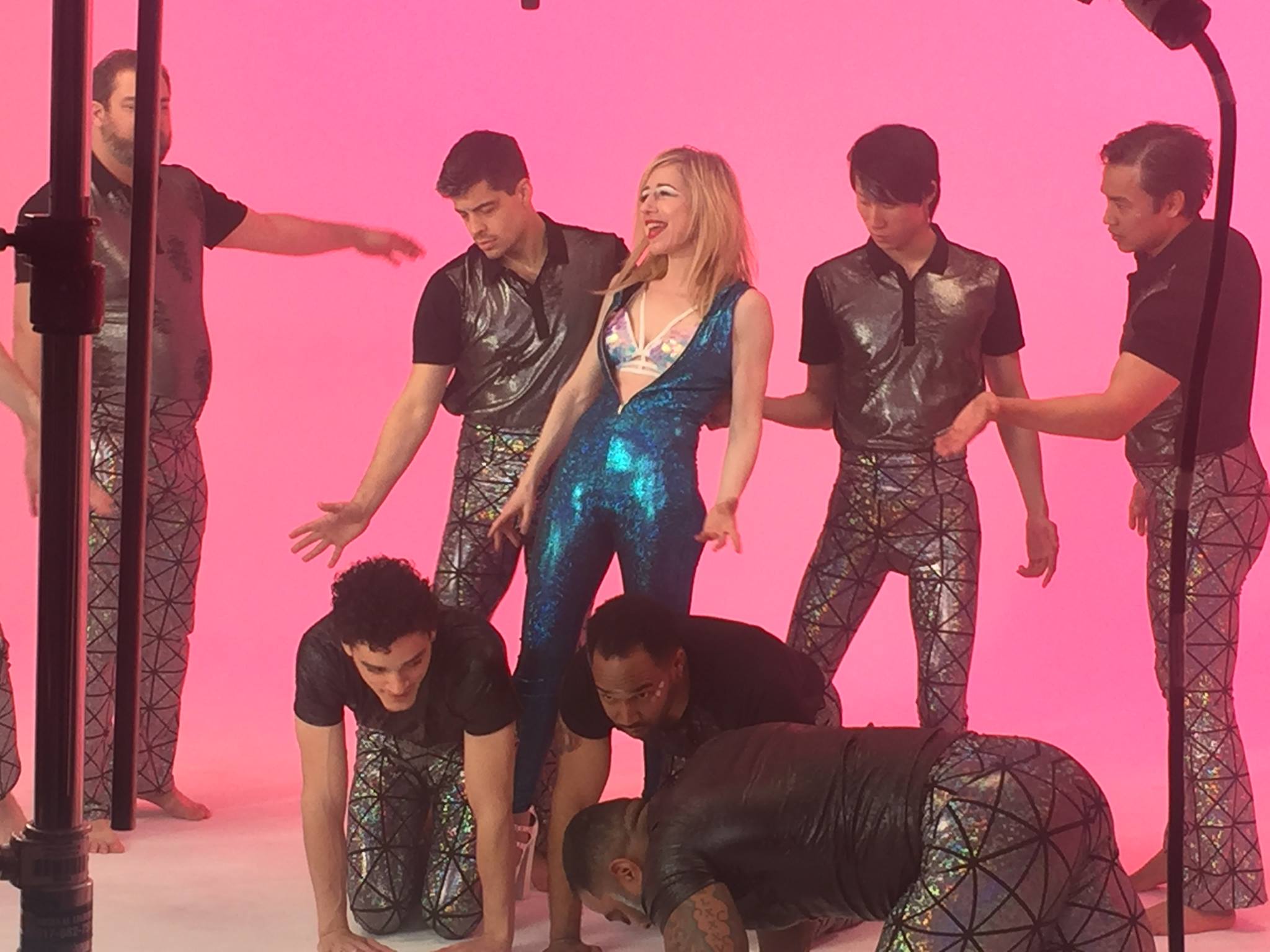
Can you share a story from your journey that illustrates your resilience?
When I first made the film, we shot everything on a white cyclorama. We created some pink and purple background colors but for the most part, the film felt bare. It was bold, experimental, theatrical—but when I saw it premiere at Cannes, I felt the ache of everything it could have been. People chuckled here and there at the gender-flipped jokes, but not as much as I had hoped. The common feedback? “It needs more sci-fi. More world building. More effects.”
And they were right. I didn’t just want laughs—I wanted to transport people into another galaxy. I wanted them to step into a universe where women ruling the world and men competing in beauty pageants wan’t just a gimmick or social commentary; I wanted this universe to feel authentic, real, palpable. But I was a first-time filmmaker. I didn’t yet have the tools—or the team—to make that vision come to life.
Then COVID hit.
Suddenly, the world stood still—and I had a choice: release the film as is, or rebuild it. I chose the latter.
Editing wasn’t natural for me. I’m a performer by nature—I live for movement, music, storytelling through energy. Sitting in front of Adobe Premiere for hours on end felt brutal. But I had a vision and a fire inside me that refused to die.
With no editors available to come to my house, I taught myself—frame by frame, glitch by glitch—how to animate, splice videos, mask, and transform this movie into the futuristic satire it was always meant to be.
It took two years.
I rebuilt Galaxy 360 from the ground up—with pink clouds, animated sets, and surreal moving stages. I worked remotely with an architect, Jordan Feinstein, to create a fully feminine world, with domes and stages taking on round smooth shapes and royal purple and golden hues.
When the new version of Galaxy 360 screened in Toronto in 2022, something magical happened: people laughed—hard. The jokes were largely the same as before. But now, audiences believed they had stepped into a new strange world. The futuristic setting gave the comedy the space to breathe —and it landed.
What I’ve learned is this: resilience needs fuel. Not just discipline. Not just grit. It needs passion and vision. Resilience isn’t just about persistence—it’s about devotion to a dream so big, you’ll do whatever it takes to bring it to life.
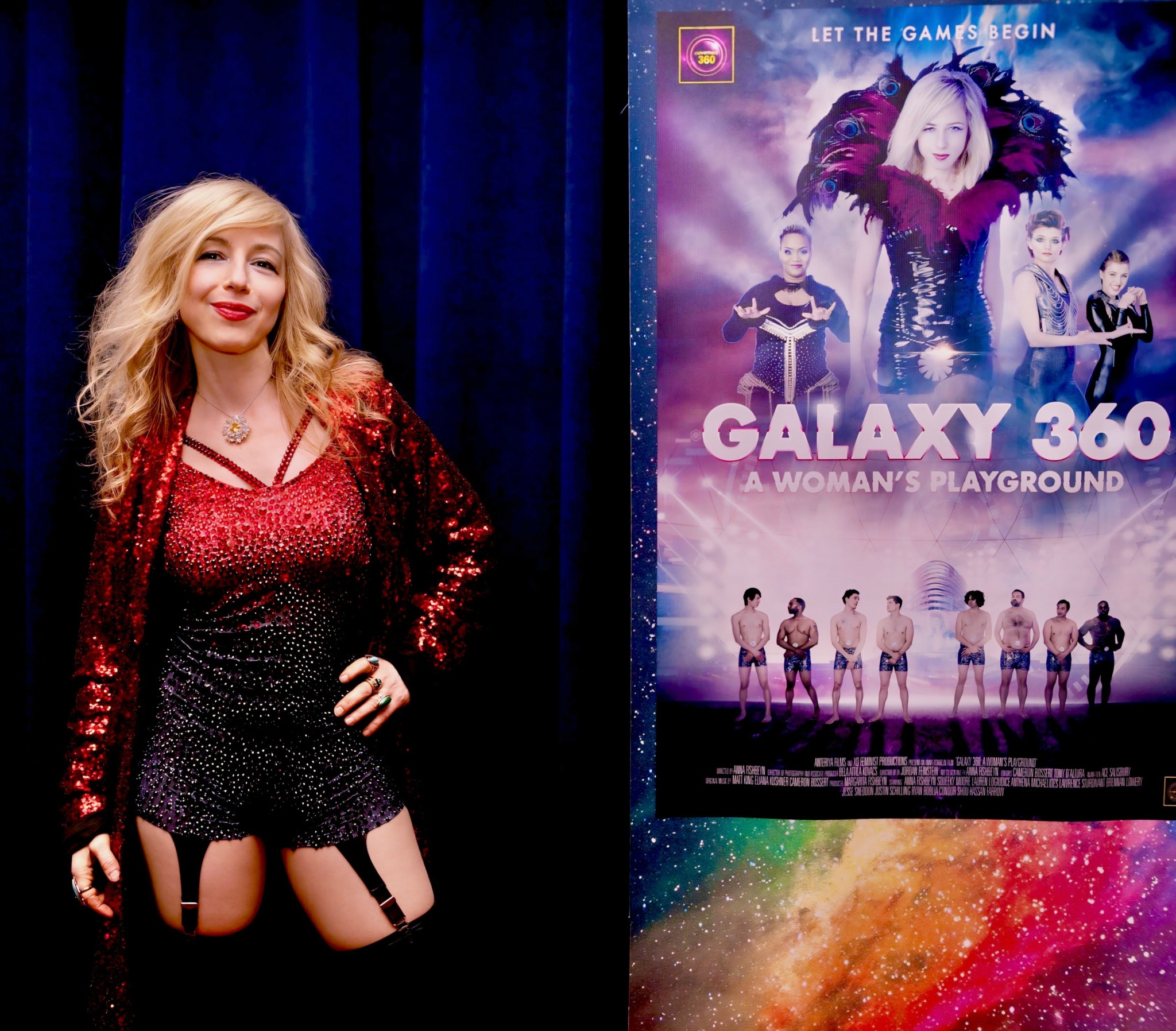
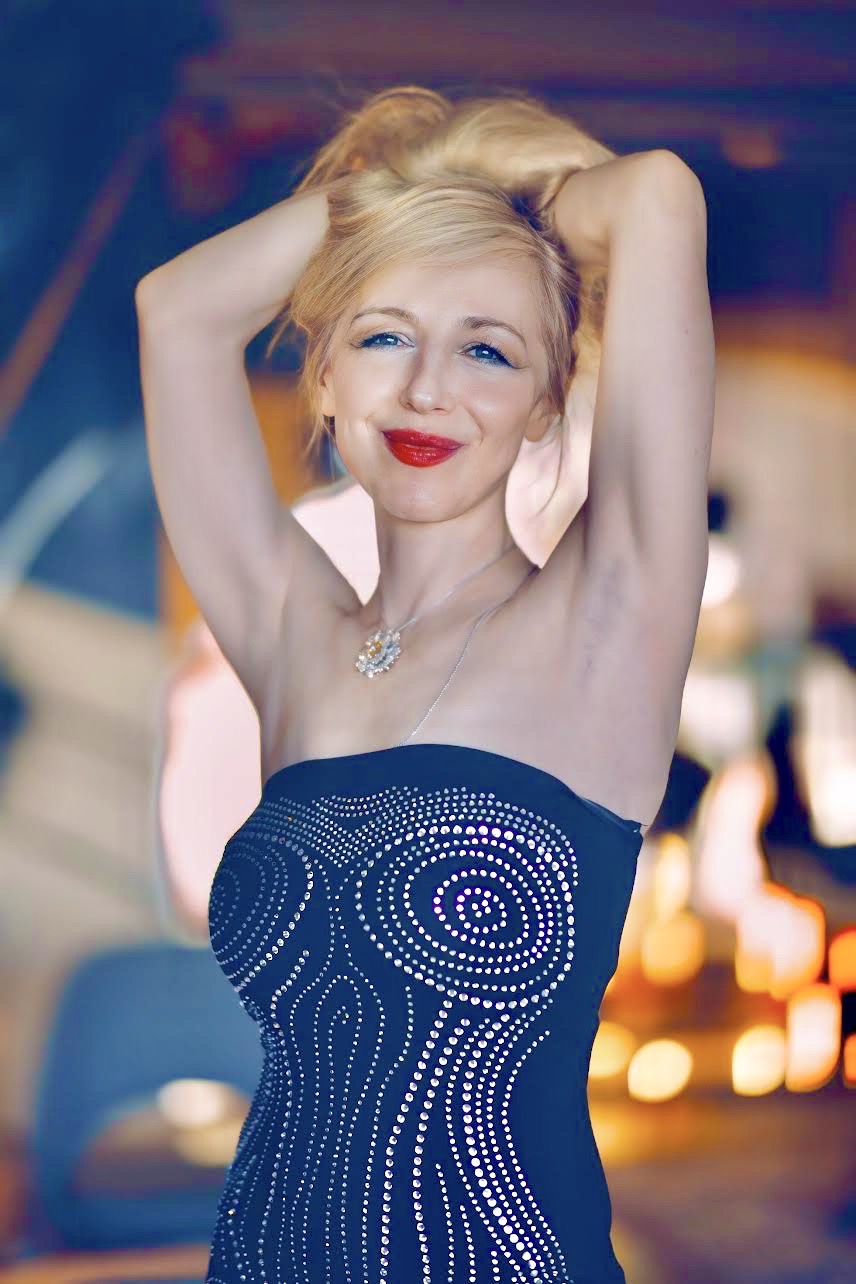
What’s a lesson you had to unlearn and what’s the backstory?
I had to unlearn the idea that being a leader meant being mean.
For a long time, I didn’t believe I could lead—especially not in film. I was a performer, a writer, a straight-A student who knew how to take direction well and make people happy. In Sex in Mommyville and My Stubborn Tongue, I thrived under directors. Even in Happy Hour Feminism, a web series I wrote and starred in, I loved being directed. The idea of being the one in charge? Terrifying.
Why? Because I thought leadership meant conflict. Control. Toughness. And I was a peacekeeper and negotiator. I watched male directors be loud, commanding, even combative—and thought, that’s not me.
When I finally decided to direct my first short film, Invisible Alice, I was reluctant to step into that role but because I really wanted to bring that bilingual musical screenplay to life, I decided to dive in. I worked with an all-male crew, and while I had a clear vision, I found myself unsure of how to express it. I wanted to be polite, liked, collaborative—but also… in charge. That balance felt impossible.
But when I saw the final cut, to my great surprise, the ideas I had quietly pushed for—the ones I wasn’t sure I had the right to insist on—worked. They elevated the story. They made the film better. That’s when the seed was planted: maybe I can lead. Maybe my instincts are strong. Maybe I do have a unique vision.
It wasn’t until Galaxy 360: A Woman’s Playground that I finally owned it and stepped into the director’s seat. I realized there’s no one-size-fits-all blueprint; how I lead and direct is my own unique footprint. I saw myself solving problems, guiding the team, working with the actors – not by mimicking anyone else, but by leading with kindness, humor, collaboration and a whole lot of laughter.
This film taught me one of the most vital lessons of my life: every great leader leads differently—but the goal is the same. To move people—not just to believe in your vision, but to help build it. Once I understood that, everything shifted. Leadership wasn’t about me. Not my ego. Not whether people liked me. It was about the work: the story, the impact, the message.
And I realized that my style—kindness, empathy, listening, collaboration—wasn’t a weakness. It was my strength.
True leadership isn’t about commanding—it’s about calling. A voice so rooted in passion, mission, truth, that others don’t just follow… they join. And together, you shape a story that none of you could tell alone.
Contact Info:
- Website: https://movement360.tv/
- Instagram: https://www.instagram.com/annafishbeyn/#
- Facebook: https://www.facebook.com/anna.fishbeyn
- Linkedin: https://www.linkedin.com/in/anna-fishbeyn-12742444/
- Youtube: https://www.youtube.com/@Movement360TV
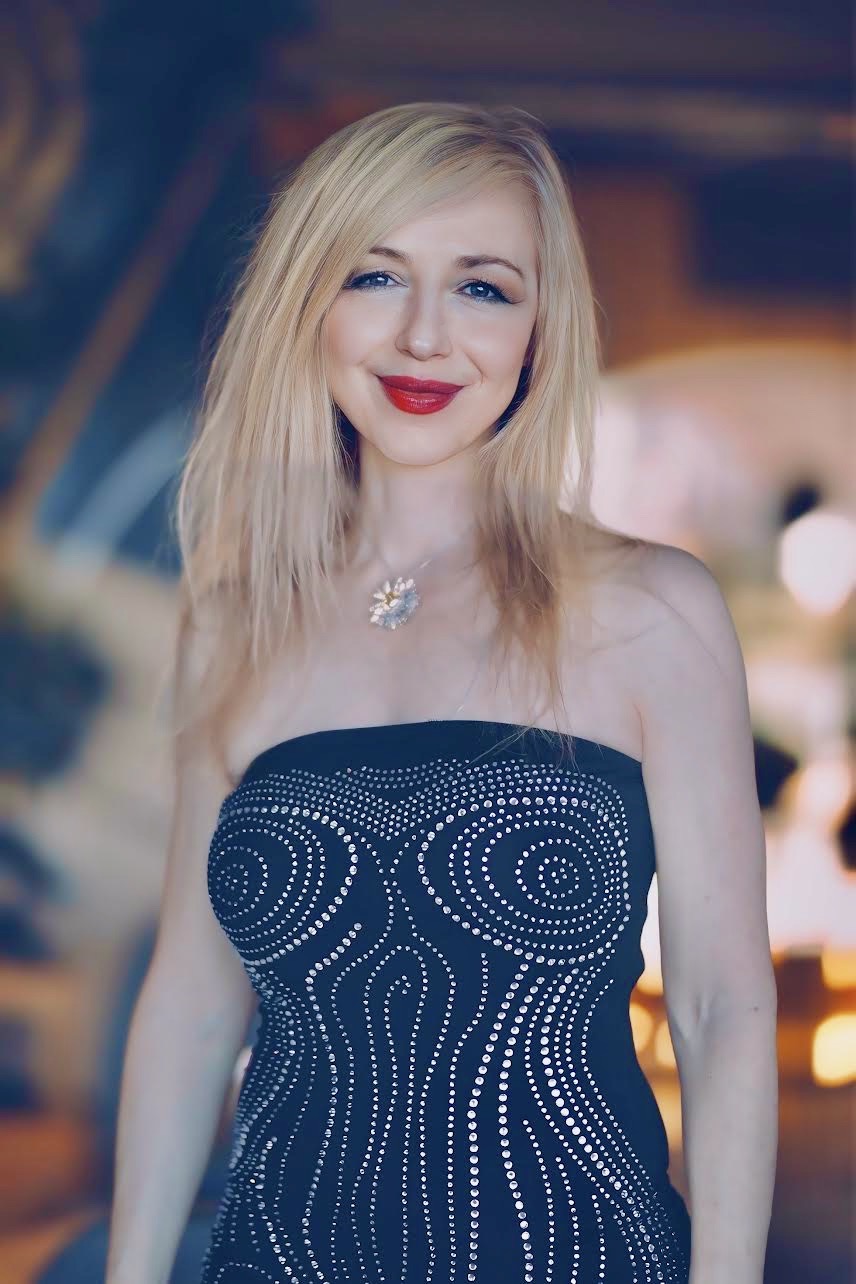

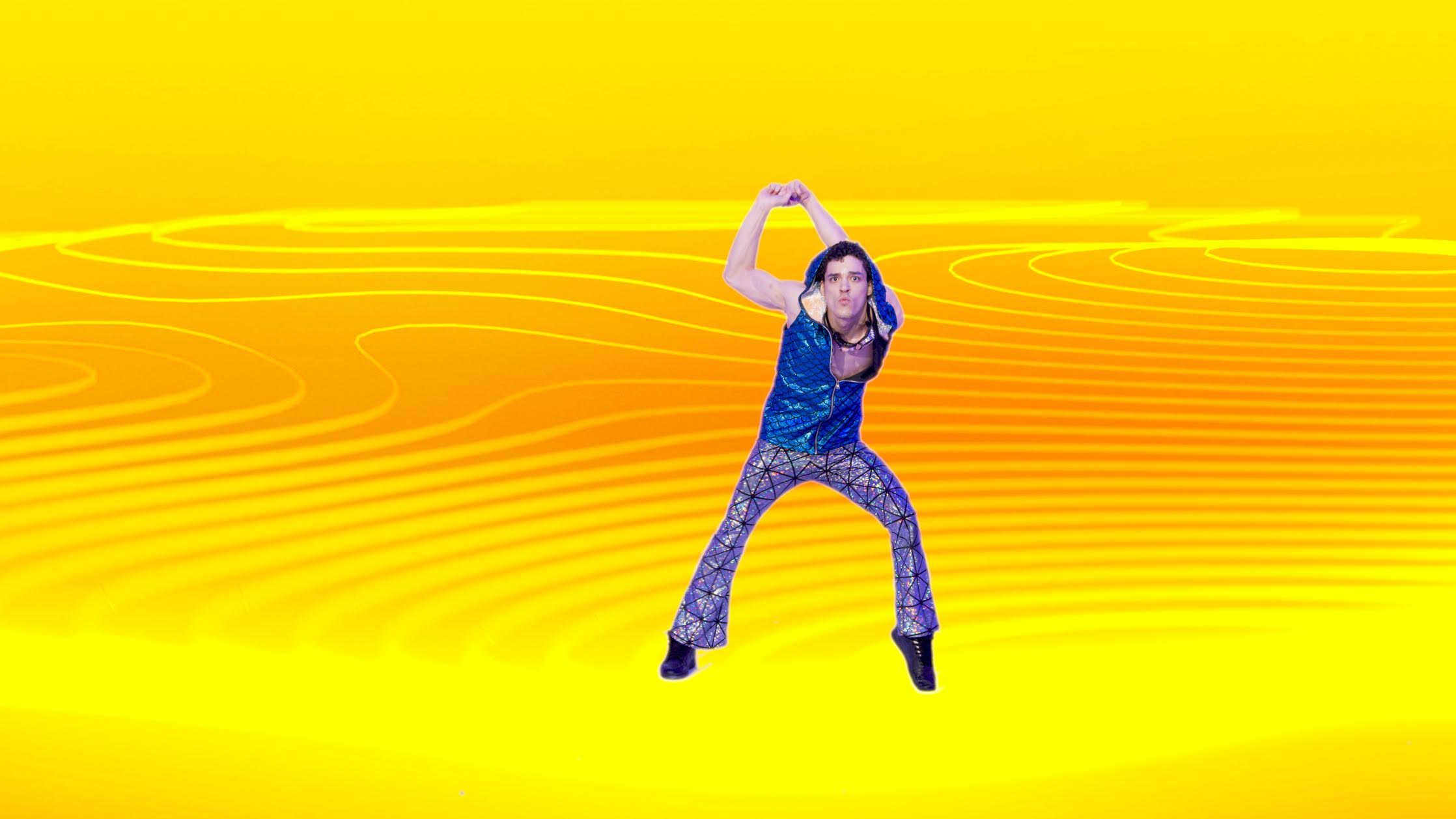
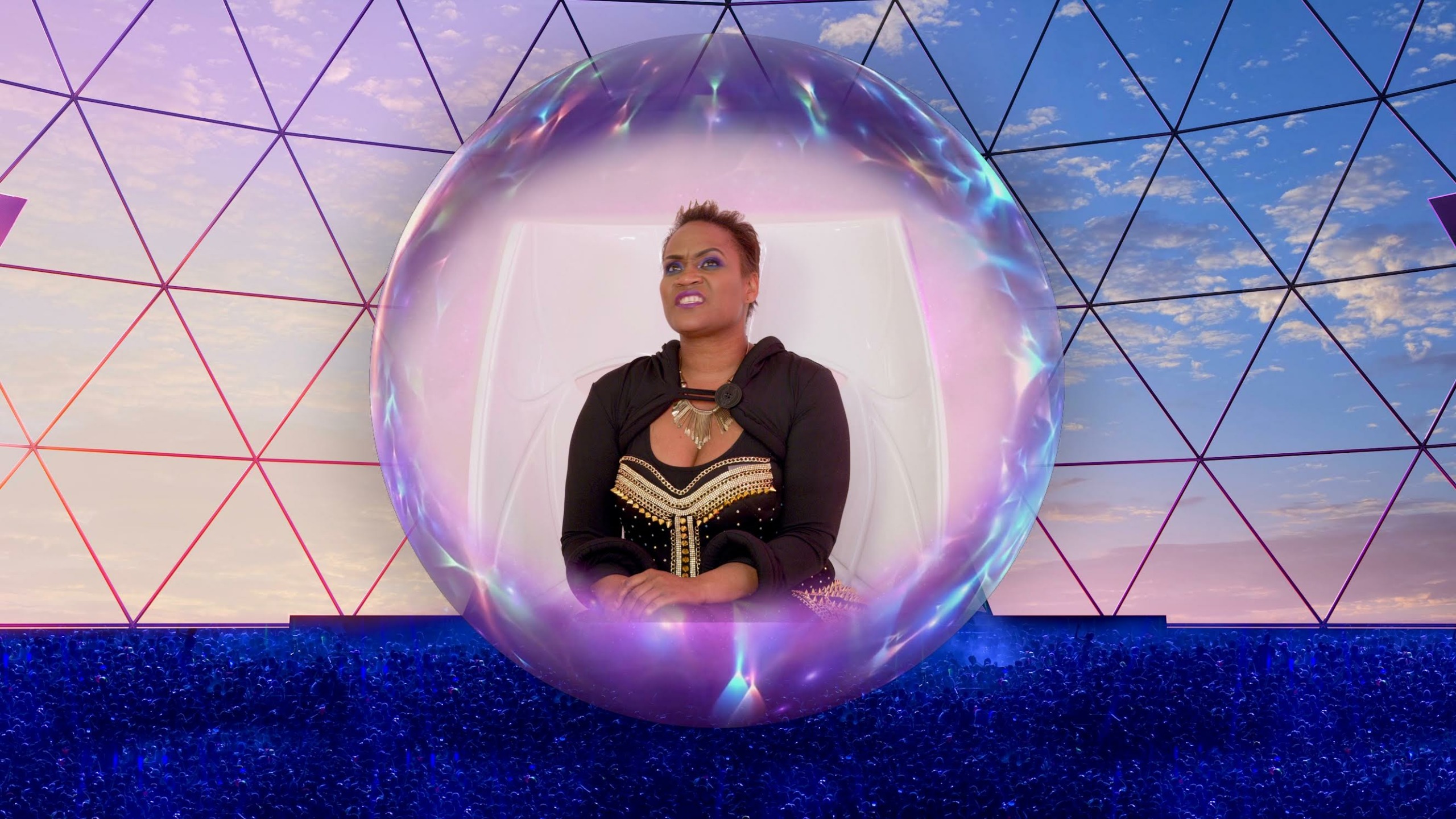
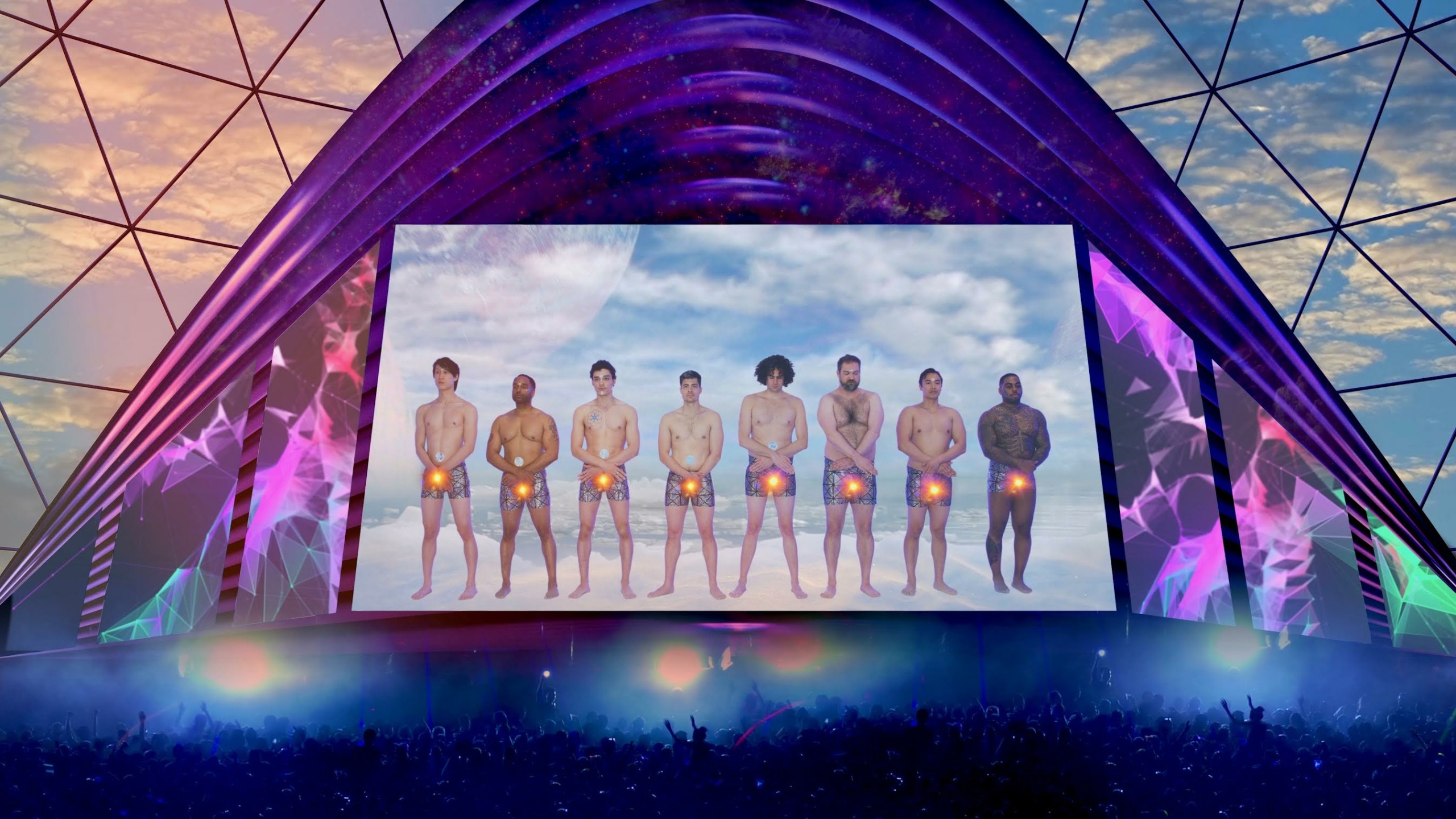
Image Credits
ANTERIYA FILMS LLC.


